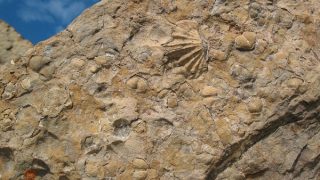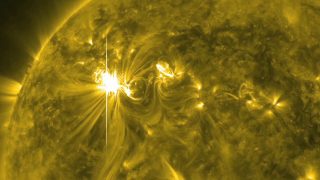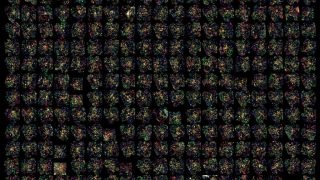
MI weekly selection #132
Humanities & Social Sciences • Science • Technology • Weekly Selection
Scientists piece together what Milky Way might look like to outsiders Researchers have pieced together clues to conceptualize what our galaxy looks like from the outside. An artist’s concept shows the Milky Way’s four spiral arms. The Washington Post Friction all but disappears with new technique Scientists have created a technique that simulates friction down […]








